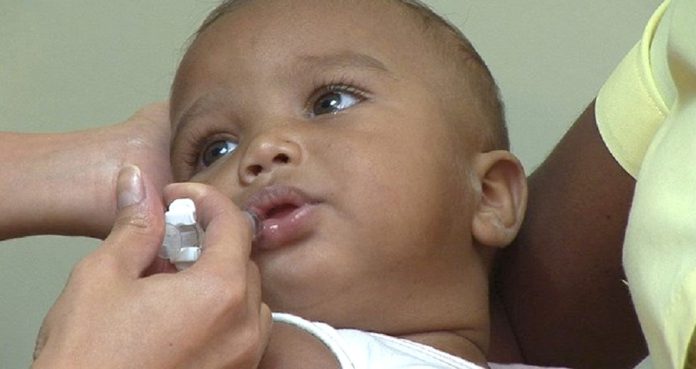Imagine what happens when a drug company decides to stop selling a vaccine that protects kids from a deadly disease. Well, that is exactly what happened in West Africa last year.
In November, NPR reported that the pharmaceutical giant – Merck & Co. Inc. – announced it was terminating a long-term agreement to supply RotaTeq, rotavirus vaccine, at a lower price in four West African countries. Concurrently, the drug company started selling RotaTeq in China for more than 12 times the price.
Medical experts told NPR that his decision of Merck meant that over 2 million babies were at risk of missing the life-saving vaccine.
Deborah Atherly of the nonprofit PATH that helps develop vaccines for low-income countries said, “You have a major manufacturer of a vaccine announcing that they’re going to exit from the market, and it created a bit of a panic for countries that were accustomed to having this vaccine.”
As soon as the NPR broke this news, other drug and vaccine manufacturers stepped up to fill in the gap.
Gavi, the Vaccine Alliance, a public–private global health partnership committed to increasing access to immunization in poor countries, write an email to NPR, “Because of these efforts, very few to no children will miss out on rotavirus vaccination in these four countries.”
Atherly said, “We deal with tons of challenges in global health, and this is one, in which the global health community rallying with the countries, has really created success.”
“Almost every child, whether you live in the U.S. or you live in a developing country, is infected with this disease,” said Dr. Mathuram Santosham of Johns Hopkins University, who has studied rotavirus for over 40 years.
In developed and rich countries, rotavirus is rarely lethal but can be serious. The CDC said, before the U.S. introduced the rotavirus vaccine in 2006, infections caused more than 50,000 hospitalizations each year.
On the other hand, in poor countries where the health care system is not good enough, the infection can be life-threatening. Dr. Santosham explained that kids affected by rotavirus have at least 30 episodes of diarrhea in a day, which could lead to extreme dehydration. He said, “It is particularly important for the children in the poorest countries — and the poorest children in the poor countries — to receive this vaccine.”
However, the rotavirus vaccine is expensive. In the U.S., the vaccine costs around $200 for two to three doses administered in the first year of a baby’s life.
In 2012, Merck and GlaxoSmithKline (GSK), who produce the rotavirus vaccine, agreed to reduce the price for to about $10 in poor countries. For six years, they stuck to those agreements. GSK delivered around 220 million doses to 42 countries, while Merck delivered over 30 million doses to four countries in West Africa.
However, last year, Merck informed Gavi and UNICEF that it would not supply one-third of those doses for 2018 and 2019. It also said that it would stop supplying the vaccine altogether to West Africa in 2020.
Merck told NPR that “supply constraints” were preventing the company from fulfilling its agreement to the West African countries.
It seems like nearly 2 million babies would go with this life-saving vaccine. GSK told NPR it would not be able to help the countries in West Africa as the company is experiencing its own supply issues. The company wrote an email, “We also cannot confirm the availability of the doses necessary to support new programmes in 2019.” Meanwhile, Merck has successfully started selling RotaTeq in China. It is now available in seven Chinese provinces at a course cost of $130, which is 12 times the price in West Africa.























